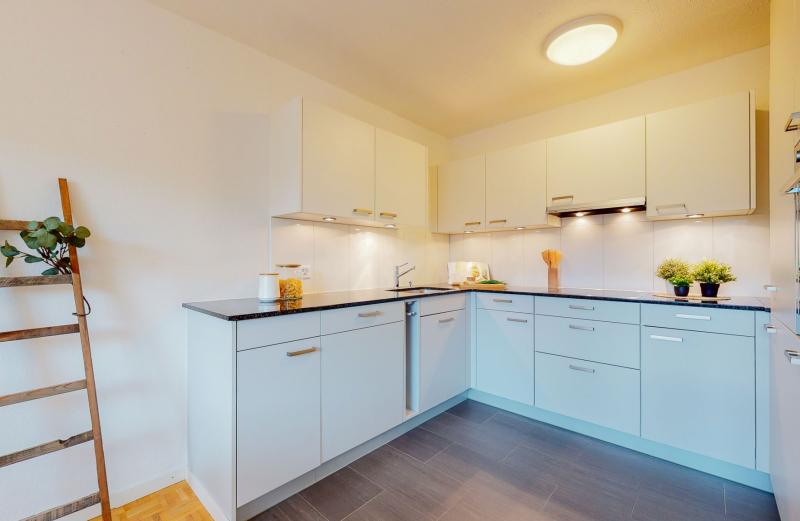Differences in the tenancy agreement
Why there are no one-size-fits-all rules
The tenancy agreement governs the rights and obligations of landlords and tenants. Basically, it sets out who the two contracting parties are, which rental property is involved, the rent the property is rented for and the terms that the rental property is rented under.
The landlord is the person or institution that owns the property. They define – in compliance with the statutory directives – the provisions for the leased property, and thus individual regulations may vary per property. Here are a few examples.
Rent
The rent consists of the net rent and the ancillary costs. The amount of the rent must, among other things, correspond to the usual local and neighbourhood rental prices. A rent increase is justified, for example, if major refurbishments are carried out, the reference interest rate has increased or maintenance and operating costs have risen. On the other hand, tenants are allowed to claim a rent reduction if, for example, the suitability of the apartment is reduced because of a water pipe break or if the reference interest rate falls.
Pets
The landlord is basically allowed to permit keeping pets or to forbid it without a specific reason. Keeping small animals such as hamsters or guinea pigs is usually unproblematic and generally allowed. The situation is different for pets that present a high risk and those likely to cause a disturbance, such as poisonous snakes and parrots, or if a large number of pets are kept. For example, exotic species or wild animals may only be kept with a licence from the veterinary office. We recommend that you check whether pets are allowed or not when you are looking for a new home.
House rules
In order to live together in harmony, there are certain obligations which tenants must abide by. The rules are determined by the owner – in compliance with the legal requirements. For example, the front door may be locked in the evenings or there may be a daily maximum time for playing music.
In most cases, the owner hands over the property management to a real estate management company such as Livit. If you have questions about the rules in the tenancy agreement, the property manager can provide information.
By the way, you can find more questions and answers in our FAQ.
